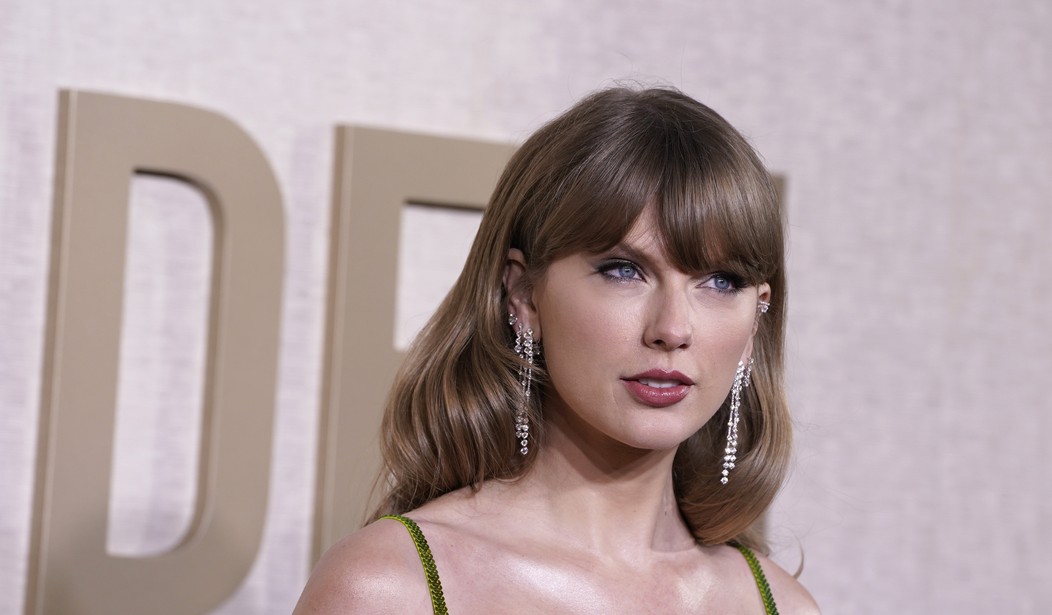Any savvy strategist would have tossed the playbook straight into the trash after Hillary Clinton's disastrous presidential campaign. Kamala Harris, however, seems to believe it was a blueprint worth salvaging and turbocharging.
Clinton entered the 2016 race for president as the heavy favorite. After a decade in the Senate and serving as Secretary of State under the Obama administration, Clinton had the support of not only the Democratic political establishment but of the social, entertainment, corporate, and media. The media fawned over her, with Time Magazine publishing a now infamous cover (and collectible) proclaiming her as “Madam President.” Hollywood and musical stars like Beyonce and Jay Z, Katy Perry, and Leonardo DiCaprio all proclaimed their support and admiration. Even business leaders and corporate CEOs joined the cue.
Everyone was seemingly on board. Everyone, that is, but the American people.
Despite outspending Donald Trump by massive amounts, garnering the editorial endorsements of nearly every major newspaper and having an establishment media fawning over her every word, she lost.
Kamala Harris seems to be following Clinton's campaign strategy almost to the letter as if it's the definitive how-to guide for Democrats and campaigning.
Despite her own less-than-stellar polling numbers and an equally pathetic track record as vice president, Harris appears undeterred in mirroring Clinton's campaign style: relying on Hollywood endorsements, corporate support, and a progressive media machine to propel her forward.
Recommended
But is it worth it? Or are these endorsements generational more political baggage than they are electoral help?
Take one of the most recent endorsements Harris received — Mark Cuban, the billionaire who made his fortune during the dot com bubble. Cuban, however, appears to have an alternative reason to support Harris. He runs a prescription drug distribution outlet and wants the government to outlaw his pharmacy benefit manager (PBM) competition.
While Trump has refused to do Cuban’s bidding, Harris was quick to criticize PBMs on the campaign trail, an action that would shutting millions of Americans off from low-cost prescription medication. As former Republican Congressman Bob Barr put it, “Cuban has aligned himself with Big Pharma in pushing for healthcare regulations that would advance his business interests. Hardly by coincidence, Harris announced Oct. 8th that she would do their bidding if elected president.
Cuban, of course, is not the only endorsement Harris has received. Not a day goes by without some celebrity demanding the American people follow their lead and throw their support behind the vice president.
In the music industry, Taylor Swift made a surprise endorsement. Then, last week, 35,000 people packed into a Houston stadium, allegedly to hear a Beyonce concert. Her only “song” was a dirge for the attendees to vote for Kamala. John Legend and Chrissy Teigen echoed her message. Hollywood actors have also come out of the woodwork to endorse Kamala, including George Clooney, Rosie O’Donnell, Jane Fonda, and Robert De Niro.
The simple truth is that Harris’s campaign is banking on the belief that aligning with the voices of privilege and fame will win the day. But rather than spending so much time lining up the endorsements of high-net-worth celebrities, Kamala should focus on treating all Americans — regardless of their income level — with respect.
Hillary was rightfully castigated for calling millions of Americans a “basket of deplorables.” Not wanting to deviate from the playbook, Kamala and her running mate have turbocharged the insults. Kamala refers to Trump as a “fascist” and Walz claimed that a Trump rally in Madison Square Garden was selected because in 1939, it hosted a Nazi rally. Joe Biden, for his part, called Trump’s supporters “garbage.”
Does anyone really believe that offending half the country is a winning election strategy?
Clinton’s 2016 loss should have been a cautionary tale. Her reliance on elite endorsements, an overwhelming fawning media presence, and elitist messaging alienated voters who felt patronized and ignored.
Harris’s strategy reflects many of these same pitfalls. In repeating Clinton's mistakes, Harris is proving reluctant to engage with real concerns, opting instead to allow optics, talking points, and insults to drive her campaign. The same formula that failed Clinton is unlikely to fare any better in today’s more polarized political climate.
Edward Woodson is a lawyer, political commentator, and host of "The Edward Woodson Show," which airs weekdays on WZAB and streams online at EdwardWoodson.com
























Join the conversation as a VIP Member